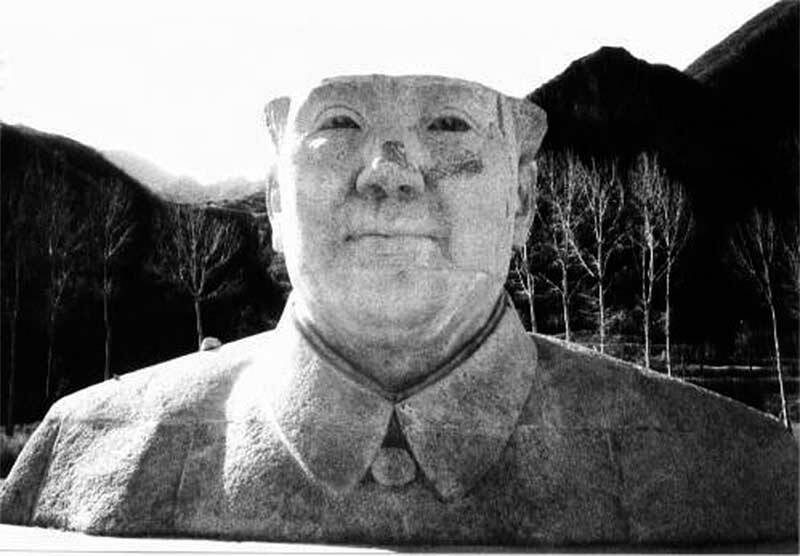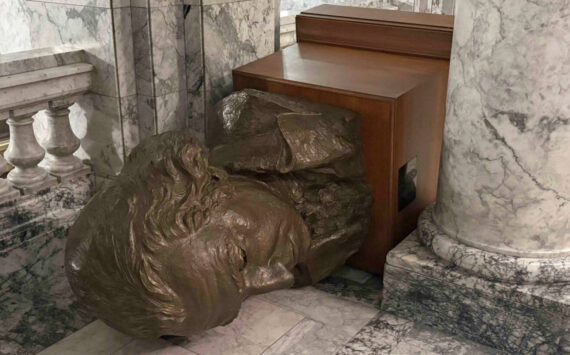By Morf Morford, Tacoma Daily Index
You might think that we only vote every couple years with official ballots and on publicly defined issues and candidates, but the reality is that we vote every day – usually many times a day.
Every decision we make, every conversation, and every dollar spent – or even not spent – is a statement for – or against – something.
Some of these “statements” are more deliberate – or costly – than others.
Some “statements” are clear and focused, others are clouded by obligation or even moral ambiguities.
In Russia recently, for example, when Vladimir Putin announced his “partial” mobilization on September 21st, about 700,000 Russian young men left home almost immediately for Georgia, Kazakhstan, Finland, or any other country that would take them – a far greater number than would have been mobilized.
And in a semi-related situation, when crisis hits or political/religious/gender oppression becomes intolerable, millions of people vote with their feet—leaving poor, corrupt, or violent countries for life not in Russia, China, or Iran but in the liberal, democratic, and yes, by many standards, corrupt and decadent, West.
Strong leadership?
The most oppressive nation operates on a perhaps unspoken social contract that promises stability and a modicum of prosperity in return for passivity, but in the 2020s many regimes, from Russia, to China to Hungary, Iran and El Salvador (among many others) have broken that deal and are feeling the consequences.
And the consequences are extreme dissatisfaction, riots, sabotage and emigration.
And like a failing business, those with the most talent and options leave first.
The irony though, is that, like a bad boss, who by whatever set of machinations became unassailable (at least for a while), authoritarian leaders, even “leaders for life” know that “life” is not forever.
And history – both national and individual – never loses its hold.
Nations with a history of centralized control have a difficult time ever breaking free of that model.
Occupants of public offices love power and are prone to abuse it. – George Washington
In Russia, for example, Vladimir Putin’s grandfather, Spiridon Putin, was a personal cook to Vladimir Lenin and Joseph Stalin.
Russia’s current leader was literally named after Vladimir Lenin.
In China, the current leader’s father was a close associate of that country’s nearly sainted leader, Chairman Mao.
After the death of Mao, the Chinese government became institutionalized.
Institutions mean that rulers have to follow rules, laws and procedures and cannot do whatever they please.
The Chinese Communist Party imposed many rules on itself: mandatory retirement ages for party cadres, strict meritocratic standards for recruitment and promotion, and above all a 10-year term limit for the party’s most-senior leadership.
There would be no “leaders for life”.
At least until 2013 when Xi Jinping came into power.
So-called “strong leaders” demand personal loyalty above all.
They care little for laws, constitutions or rule of law.
Accountability is nearly nonexistent. No one dares question the “dear leader”.
This concentration of authority in one person has, in empire after empire, led to poor, if not disastrous, decision making.
Liberal democracy still holds a near-mythical universal appeal, in spite of its many flaws, because it distributes power across states, and has a relative balance of power between the executive branch, Congress and the Supreme Court, and relies, at its most basic, on consent of the governed.
In other words it is our process, and our almost sufficient, if not aspirational, allegiance to it, that makes America “great” – not loyalty to any individual or party.
Tyranny, in any language, is inherently destructive and counter-productive.
If we are lucky, a tyrannical government, like a poorly run business, will destroy itself without doing too much damage to its neighbors.
But we also know how unlikely that might be, and that wars and economic catastrophes are just as likely to rain down on all of us if those tendencies – even in distant regions – are not restrained and, at the very least, those who stand too close to the fire and fury will certainly get burned.
True leadership is not about being in control, it is about taking responsibility for those in your charge. In Common Sense (January 1776) Thomas Paine reminded the American colonists that in a free republic, only one “king” is worth any recognition; only “the law is king”.
Paine’s view was that if there were to be a “king” it would have to be the rule of law not that of any single person, ideology or party.
Men who look upon themselves born to reign, and others to obey, soon grow insolent; selected from the rest of mankind their minds are early poisoned by importance; and the world they act in differs so materially from the world at large, that they have but little opportunity of knowing its true interests, and when they succeed to the government are frequently the most ignorant and unfit of any throughout the dominions. – Thomas Paine, Common Sense
The USA is a unique and idealistic experiment in self-governance. “We the people” are the ultimate authority – not any monarchy or family dynasty. Or even any popular belief or philosophy.
Our destiny and identity is on our name; “united”.
And “united” we stand, and make our mark on the world and history.
And this has always been the case.
Be Americans. Let there be no sectionalism, no North, South, East or West. You are all dependent on one another and should be one in union. In one word, be a nation. Be Americans, and be true to yourselves. – George Washington
With a common, though often messy, shared identity, we become strong, or as our Founders put it, “United we stand, divided, we fall”.






